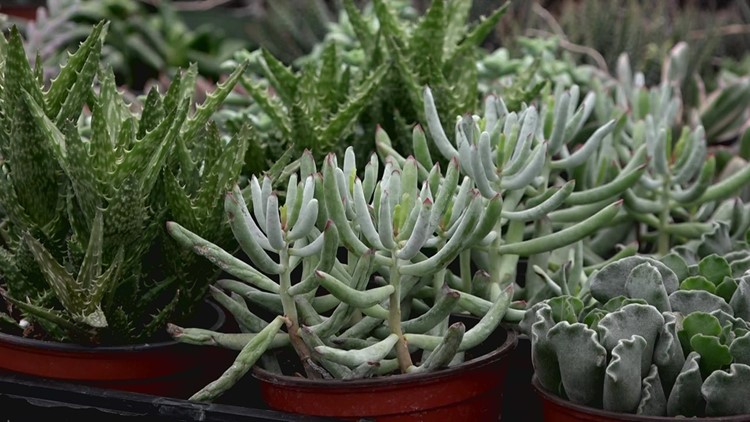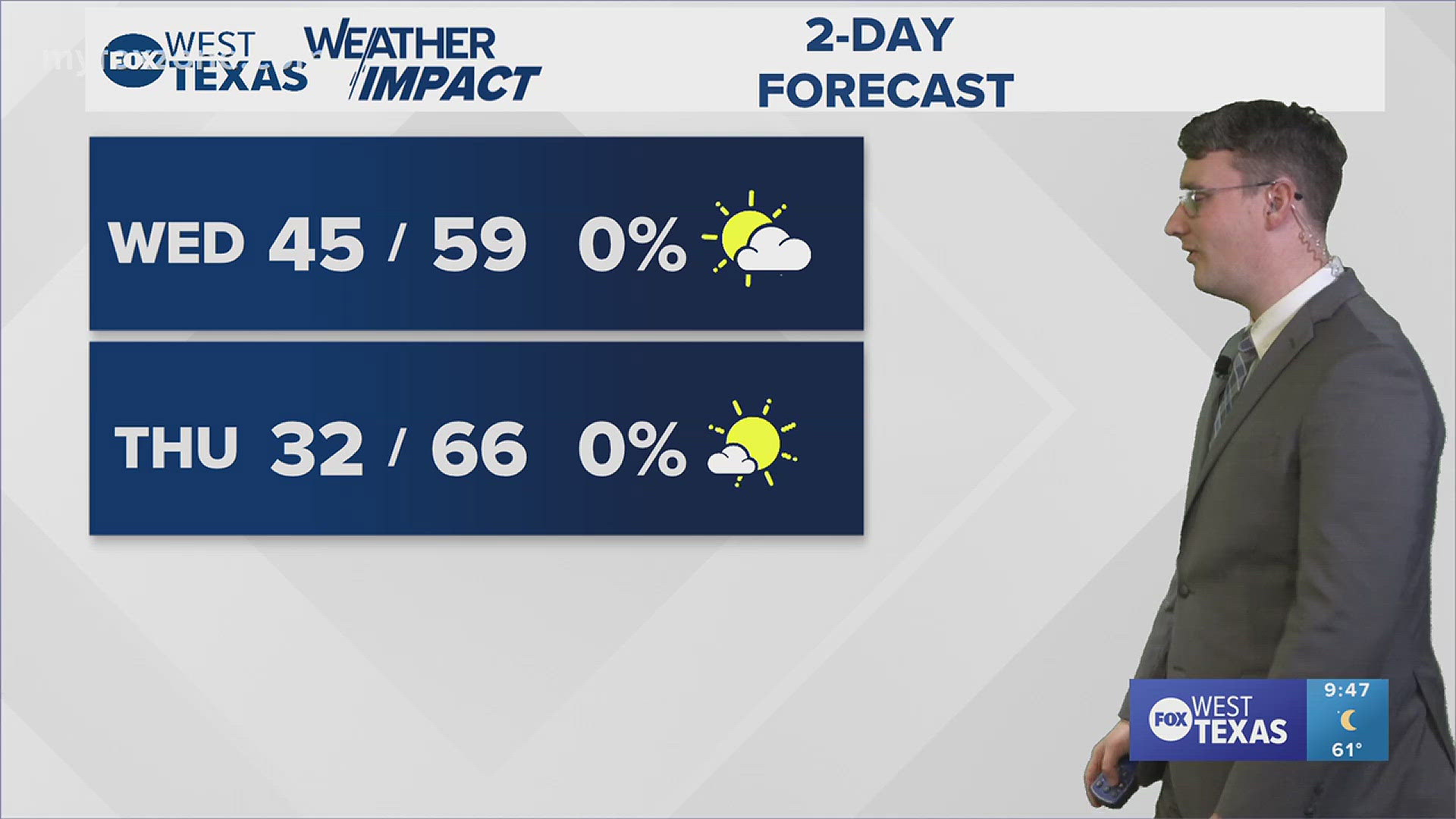TEXAS, USA — Cold weather is on its way to North Texas this week.
On Monday, temps will start the day in the 30s -- with wind chills below that. And afternoon highs will only be in the mid to upper 40s.
Things will get even colder on Tuesday and Wednesday morning, as many across North Texas will see their first frost or freeze of the season. Already, a Freeze Watch has been issued for western and northern parts of North Texas for Monday night into Tuesday morning.
So, if you have tender vegetation, it's time to start making plans to protect it! Keep in mind, just covering your plants may not be enough to protect them.
How to protect your plants
Trace Cummings with Absolute Lawncare and Landscaping said the best way to protect your plants from freezing temperatures is with plant blankets -- but during this time of year, plant blankets could be hard to come by, and they can be quite pricey.
"A good time to buy these would be the spring and summertime because right now you really can't get them," Cummings said.
Plant blankets allow circulation to your plants and keep water off of the plants when it's freezing, according to Cummings.
If you're using a plant blanket, you're going to want to use stakes and bricks to hold the blanket down, especially with wind gusts expected to reach about 40 mph during this arctic blast.
Alternative ways to protect your plants
If you're having a hard time tracking down a plant blanket, a bed sheet will be the next best thing.
"It's going to do the same exact thing, just not as well," Cummings said.
Another option to protect your plants is using a laundry basket. Cummings said you can put the basket over the plants and then drape a blanket over the basket to help save your plants.
What you want to avoid using is a plastic sheet. Cummings said by using a plastic sheet, condensation gets in between the plant and the plastic which would cause the plant to freeze.



